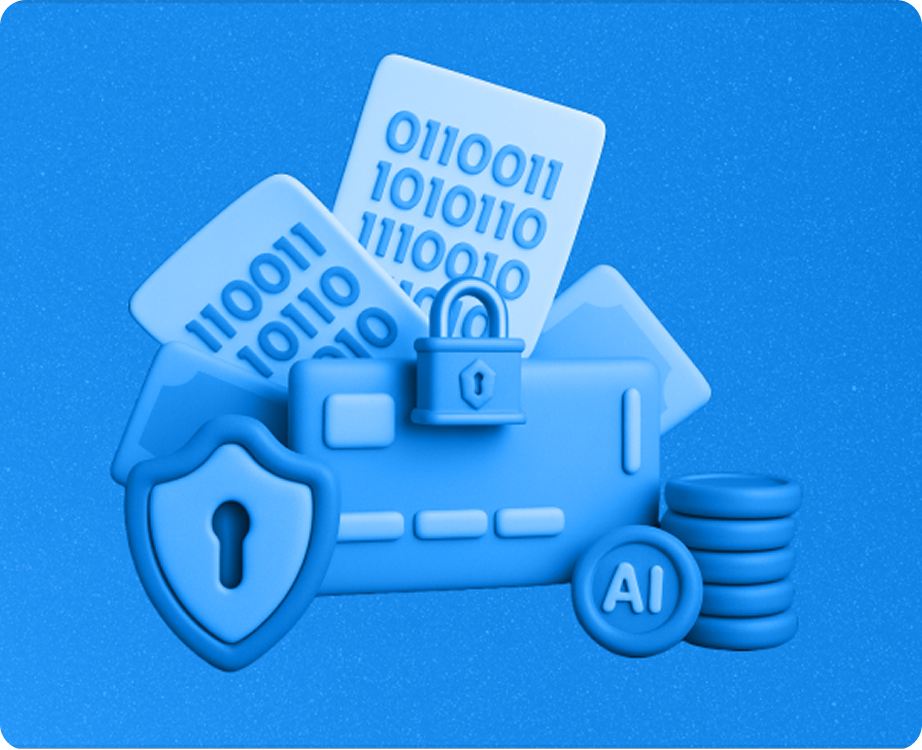Introduction
Data plays a crucial role in today’s digital landscape, transforming our lives and shaping the way we interact with one another. However, for a long time, data was only available to a privileged few who had the necessary resources and technical expertise to gather, process, and analyze it. This created a significant disparity between those who had access to data and those who did not, resulting in inequitable opportunities and limited resources.
What is Data Democratization?

The democratization of data breaks down these barriers and makes data accessible to all. It empowers individuals, businesses, and communities to utilize data for informed decision-making, foster innovation, and generate positive social change.
It aims to provide all users easy access to digital information, regardless of their technical knowledge. This empowers non-experts to independently gather, analyse, and draw insights from data without relying on external help. Imagine a world where every team member can use data to make informed decisions, discover hidden opportunities, and mitigate risks. This is the essence of data democratisation.
Achieving this vision may require a cultural shift within organisations. Some companies are hesitant to grant access to data due to concerns that non-technical staff may need more skills to interpret and apply it accurately. In such cases, internal data governance policies are often implemented, limiting data access to a select few individuals.
In this article, we will delve into the meaning of democratizing data, its significance, and strategies for achieving it. While our main focus will be on democratizing data within an organizational context, we will also touch upon its broader implications.
Case Studies: How Does Data Democratisation Empower Organisations?
1. Quicker Launch of Products

Domain, Australia’s leading real estate company, made a strategic investment in data democratization initiatives which resulted in the successful launch of six innovative products within just a few weeks.
2. Overcoming Bottlenecks and Improving Collaboration

Pandora, a prominent global jewelry company, operates with a workforce of approximately 27,000 employees. With over 6,800 sales points spread across almost 100 countries, the brand has witnessed more than 670 million visits to their offline and online stores. To enhance operational efficiency and derive strategic and tactical insights from the vast amount of data acquired from these various sources, Pandora sought to establish a centralized data framework that would eliminate any existing silos or bottlenecks.
As a result, the company chose to decentralize teams and organize them based on specific tools. This approach allowed data domain teams to enhance their coordination and collaboration efforts. Each team now possesses its own automated workspace, while the data product is stored in a shared space that can be accessed by all. Through this strategy, the company has also prioritized the repeatability of its architecture.
By democratizing data, your organization can empower every individual to access, understand, and leverage valuable insights. This shift eliminates the burden on your data team to be available around the clock as experts and allows everyone to obtain faster answers through data.
How Does Data Democratisation Empower Employees?

Data democratization offers numerous benefits that not only bring value to organizations but also to employees by addressing challenges and unlocking opportunities. Here are some key advantages:
1. Enhanced data literacy:
By considering data literacy as a crucial component of data democratization, it becomes evident that employees equipped with data skills outperform others lacking these essential abilities. It empowers individuals to navigate the increasingly data-driven world we inhabit today.
2. Increased workforce productivity:
According to the Datacamp’s State of the Data Literacy Report 2023, leaders who engaged in data upskilling witnessed more than 70% improvements in decision-making speed and quality, innovation, customer experience, and employee retention. From a business standpoint, embracing data democratization results in a skilled and efficient workforce that fosters innovation.
3. Higher value for employees
A survey shows that 77% of business leaders are willing to pay a higher salary for candidates with data literacy skills. By providing equal access to data, organizations empower their employees to develop and enhance these valuable skills, making them feel appreciated and advancing their professional growth.
4. Promotes Transparency
When more individuals have access to the same data, they can verify and validate findings independently, fostering a culture of openness and encouraging innovation.
What Does the University of Texas’ Study on Data Democratisation Say?
According to a study conducted by the University of Texas, even a modest 10% improvement in data usability can have a significant impact on revenue for Fortune 1000 companies, potentially increasing it by over $2 billion. This represents a pivotal shift in enhancing profitability. Equipped with accurate and accessible data, employees are empowered to make informed choices that minimize the risk of expensive errors. By prioritizing customer satisfaction and optimizing operational efficiency, businesses can leverage data-driven decision-making to drive sales growth and enhance overall profitability. It is no surprise then that organizations with a strong emphasis on data literacy are 23 times more likely to attract new customers.
What are the Steps to Achieving Data Democratisation?

To embark on the journey of data democratization, companies need to develop a comprehensive data strategy. This involves several key steps:
1. Define business and data objectives
It is crucial to align your company’s goals with your data and AI objectives. By involving stakeholders in this process, you can ensure that your objectives are both inclusive and realistic.
2. Perform a data audit
Take stock of how your organization currently manages data. Identify what is working well, what needs improvement, and where bottlenecks exist. This understanding will guide the necessary changes in your organization’s data management practices.
3. Map a data framework
Envision what full data democratization will look like for your organization. Design a clear path towards this goal, taking into account factors such as application modernization, data analysis, automation, and AI implementation.
4. Establish controls
Collaborate with data allies to establish compliance measures across the organization. Communicate and enforce data standards and processes through the implementation of robust governance policies.
5. Integrate your data
Often, organizations struggle with visibility between different departments due to siloed information systems. Data democratization requires breaking down these barriers and designing effective integration processes that foster adoption throughout the organization.
Final Thoughts
One trend that will likely persist in data democratisation is the growing popularity of self-service analytics tools, which enable non-technical users to independently explore and visualize data. This will result in deeper insights and faster decision-making across all departments within an organization.
However, the process of data democratization poses significant challenges that need to be addressed. Firstly, it is essential to establish a robust infrastructure capable of efficiently handling large volumes of data to ensure widespread accessibility. Secondly, maintaining data quality requires the implementation of rigorous checks and balances to guarantee accuracy and reliability. Thirdly, the establishment of comprehensive data governance policies becomes crucial in order to prevent misuse in access, storage, and usage. Lastly, addressing privacy concerns through protocols like anonymization, encryption, and access controls becomes vital as data access expands across an organization.


.png)

.png)

.png)
.png)
.png)



%201.png)

%201.png)

